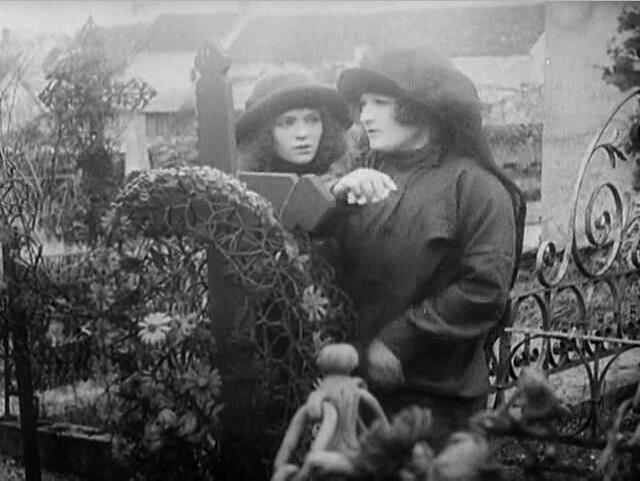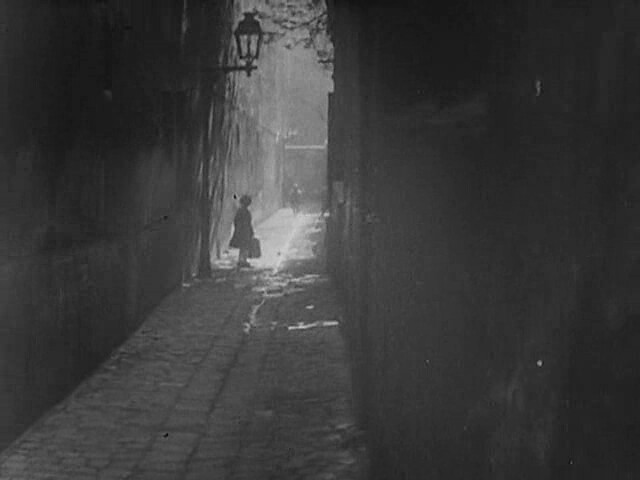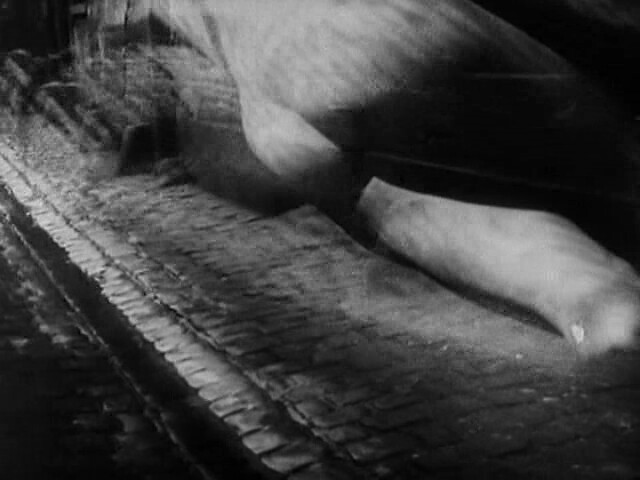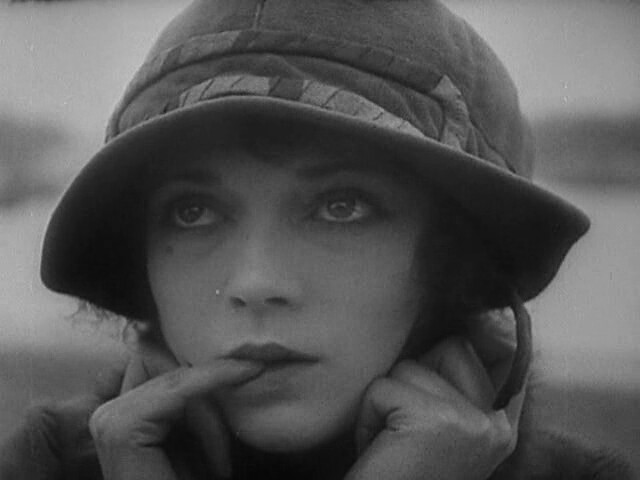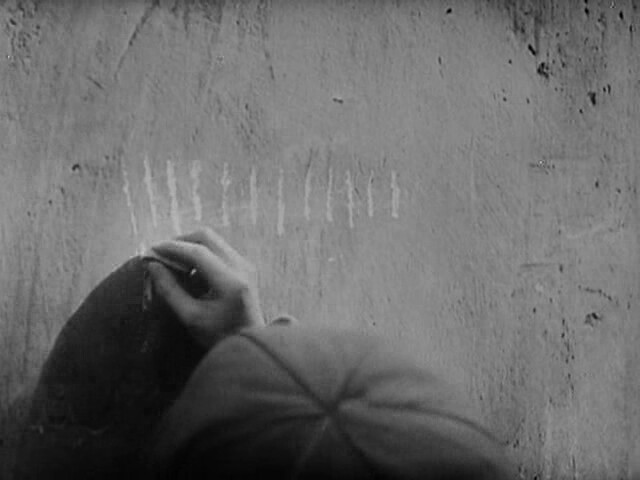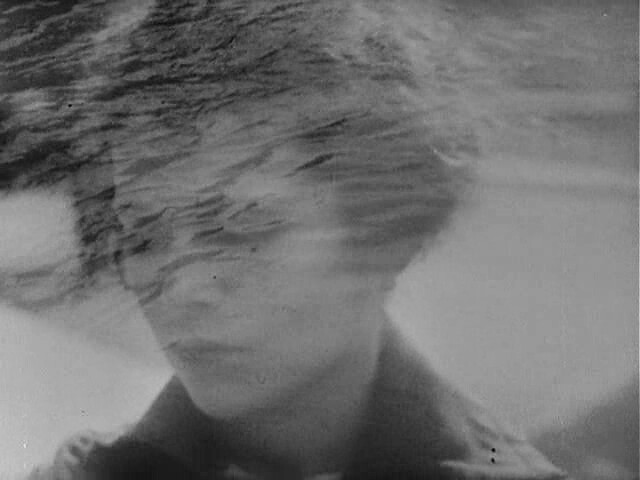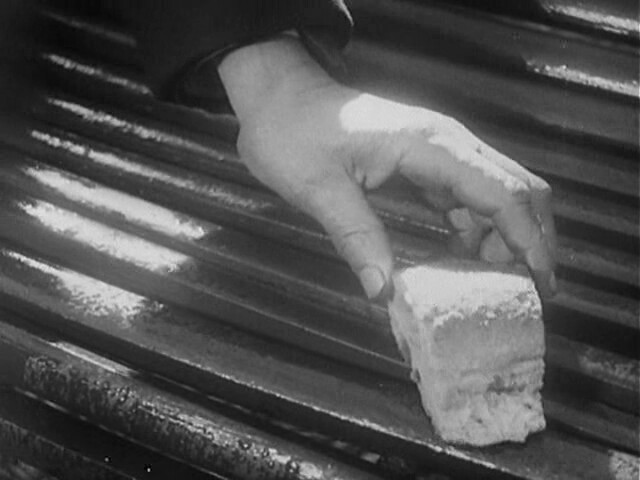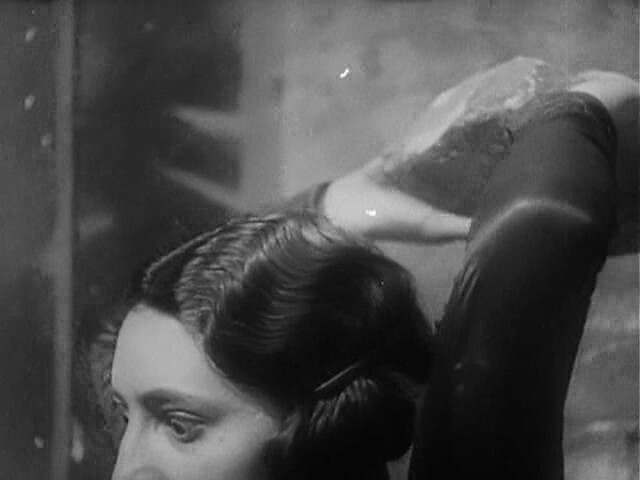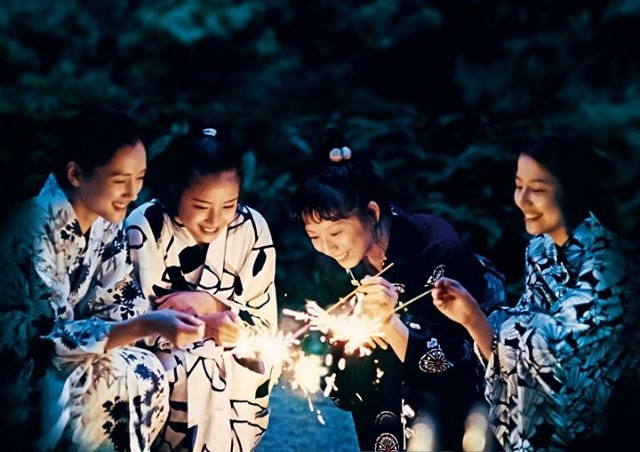0.5mm (2014) - Ando
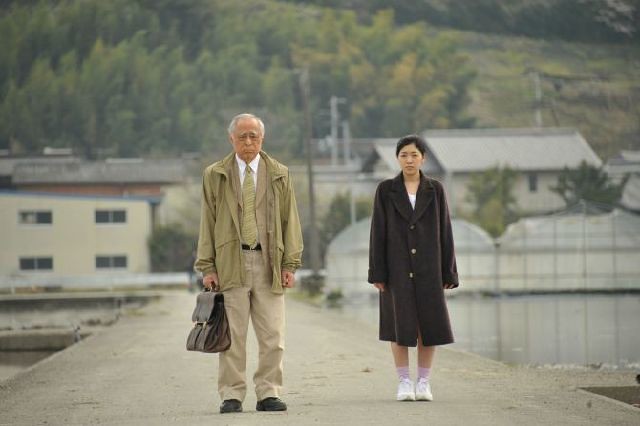
Clocking just over 3 hours, 0.5 mm tells a sprawling journey of a young caretaker of elderly people (director Momoko Ando's little sister, Sakura) as she travels through Japan. It's a comical, tender and deadly honest look at aging Japan and its seemingly unbridgeable generation gap.
Sawa (Sakura Ando), is a comely caretaker of an bedridden old man- she changes his diapers, cleans his fluid tubes and feeds him every day. The man obviously hasn't long to live. Sawa expertly handles it all. One day, the man's daughter asks him if she's willing to sleep with the dying man- that it is his dying wish, and assuring her that he is quite flaccid. Breaking the agency protocols for a large sum of money and compassion, Sawa agrees to go through with it. But it only ends in a disaster that costs the old man's life. Something breaks in Sawa and she takes off on the road.
Without any money, she witnesses an eccentric elderly man (Tatsuo Inoue) who's compulsively going around town stealing bicycles and puncturing tires. She blackmails him into pressing herself into his life as his live-in caretaker. There are many funny moments in this prolonged segment as Sawa flirts and disinfects his desires, fights off a sleazy scammer of elderly people, until he decides to go to the fancy retirement home, leaving Sawa his long, worn-out winter coat and his beloved old vintage sport car which has been sitting in his garage.
Sawa moves on to another elderly man, a former professor (Masahiro Tsugawa), who pretends to go to teach every morning, but instead hangs out in the mall all day and spends his time looking at dirty magazines instead. No challenge is small for Sawa, as she pushes herself into the professor's life, guising herself as a former student and admirer of the professor, she forms an uneasy alliance with his older housekeeper and caretaker of his bedridden wife. Sawa insists upon taking care of the wife, who must have been a cultured woman, as she sings arias in the middle of the night. The professor was a navy captain in the war. He reflects contemporary Japan's directionlessness. With the collective will of the people, they could've moved a mountain 0.5mm if they wanted, back then. Just like his wife, he too, slowly loses his mind to aging.
Sawa travels to a small fishing village where she meets a slovenly mute boy whom she's known before and follows him to a shack where his brutish scavenger father lives. The boy turns out to be a girl underneath all the baggy clothing and Sawa and her father has several physical altercations.
With these encounters, Ando takes a current snapshot of Japan, where elderly population problem needs to be dealt with. That they need to be respected and seen with compassion. She also vilifies the post war generation who lacks compassion. They are passing responsibilities of taking care of elderly on to the directionless younger generation. In the center of 0.5mm is brave, ferocious, magnificent Sakura Ando. Not afraid of the physicality and wackiness of her character but also conveys deep compassion and understanding Sawa has for her elderly counterparts. With 30 percent of Japan's population over the age of 65, it's no surprise that Japanese cinema is the first to tackle growing elderly population problems. Biting, uncompromising and deeply poignant, 0.5mm is an impactful film mostly because its untethered, sprawling narrative. There are certain new breed of Japanese indie-filmmakers who totally ignore the typical 3-act narrative structure- Sion Sono, Shinji Aoyama come to mind. I see Ando is also the cut of the same cloth. There is a sense of freedom, freshness to their storytelling.
